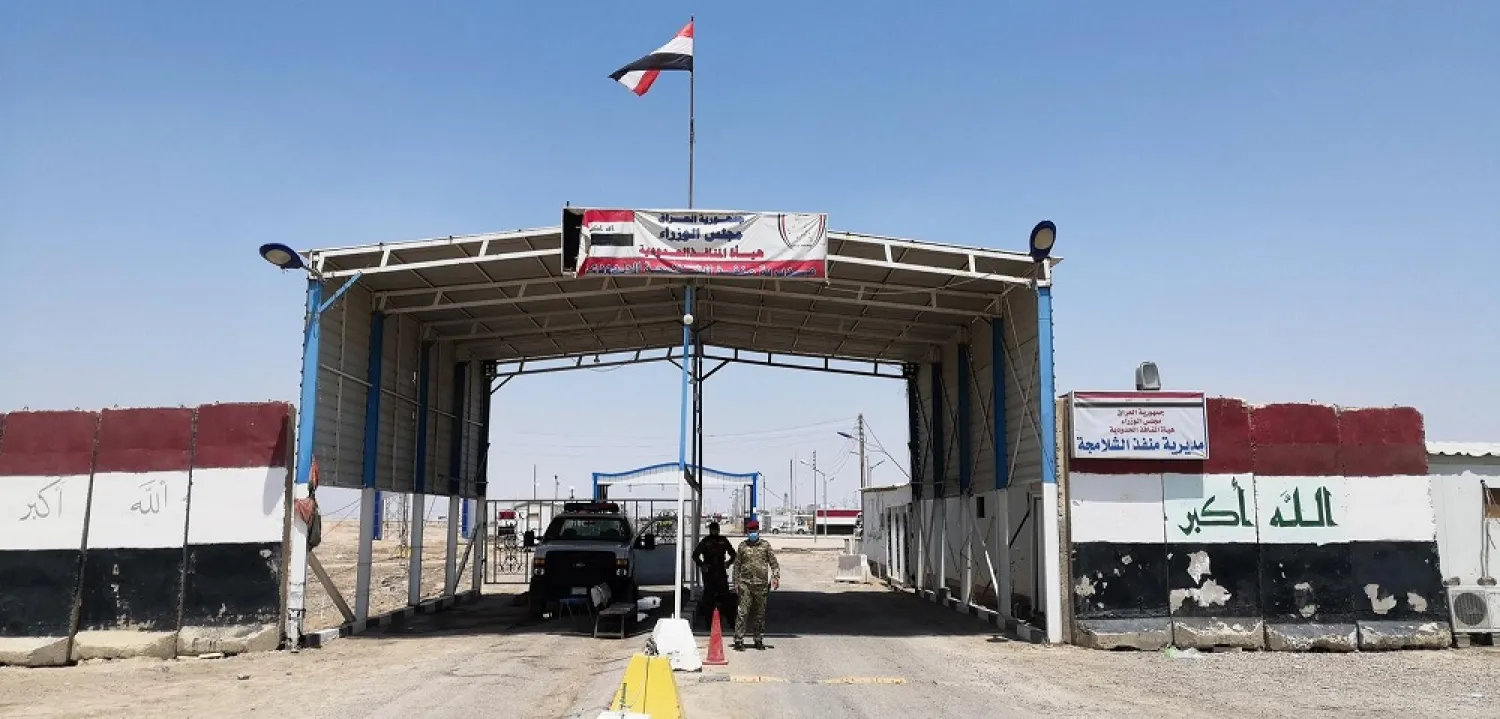The Iraqi Border Crossing Authority announced that Prime Minister Mustafa al-Kadhimi has ordered the formation of a committee to inspect containers at border crossings for any dangerous material or chemicals to avoid an explosion similar to the one that devastated Beirut port on Tuesday.
Kadhimi ordered the formation of the committee to inspect these containers to avert a catastrophe similar to the one that took place in the Lebanese capital, said the authority.
The committee will be asked to complete its task withing 72 hours so that the necessary measures can be taken, it added.
The Beirut blast was blamed on the authorities who allowed huge quantities of highly explosive ammonium nitrate, used in making fertilizers and bombs, to be stored there for years in unsafe conditions. The explosion killed 145 people, injured some 5,000 and left around 250,000 without habitable homes.
The Beirut blast has shed light on the arms warehouses of the Iraqi security forces, Popular Mobilization Forces and other armed factions that are located inside cities or near them.
Citizens have expressed fears that a similar blast may take place in Baghdad or any other part of their country.
Activists on social media quickly launched campaigns calling on authorities to mobilize to ensure that they take action before catastrophe strikes.
These campaigns are part of ongoing efforts by authorities to limit the possession of weapons in Iraq to the state. The proposal was initially made by former Prime Minister Adel Abdul Mahdi, but anti-government protests last year that led to his resignation thwarted the implementation of his suggestion.
The parliamentary human rights committee called for deriving lessons from the Beirut blast. A member of the committee, Yusra Rajab said Thursday that the Iraqi constitution stipulates that citizens must live a dignified life away from threats to their security.
She called on the government to assume its duties in protecting the people and steering them clear of any dangers.
The government must remove weapons depots from residential areas, she said, adding that concerns of the Beirut scenario happening in Iraq are valid.









